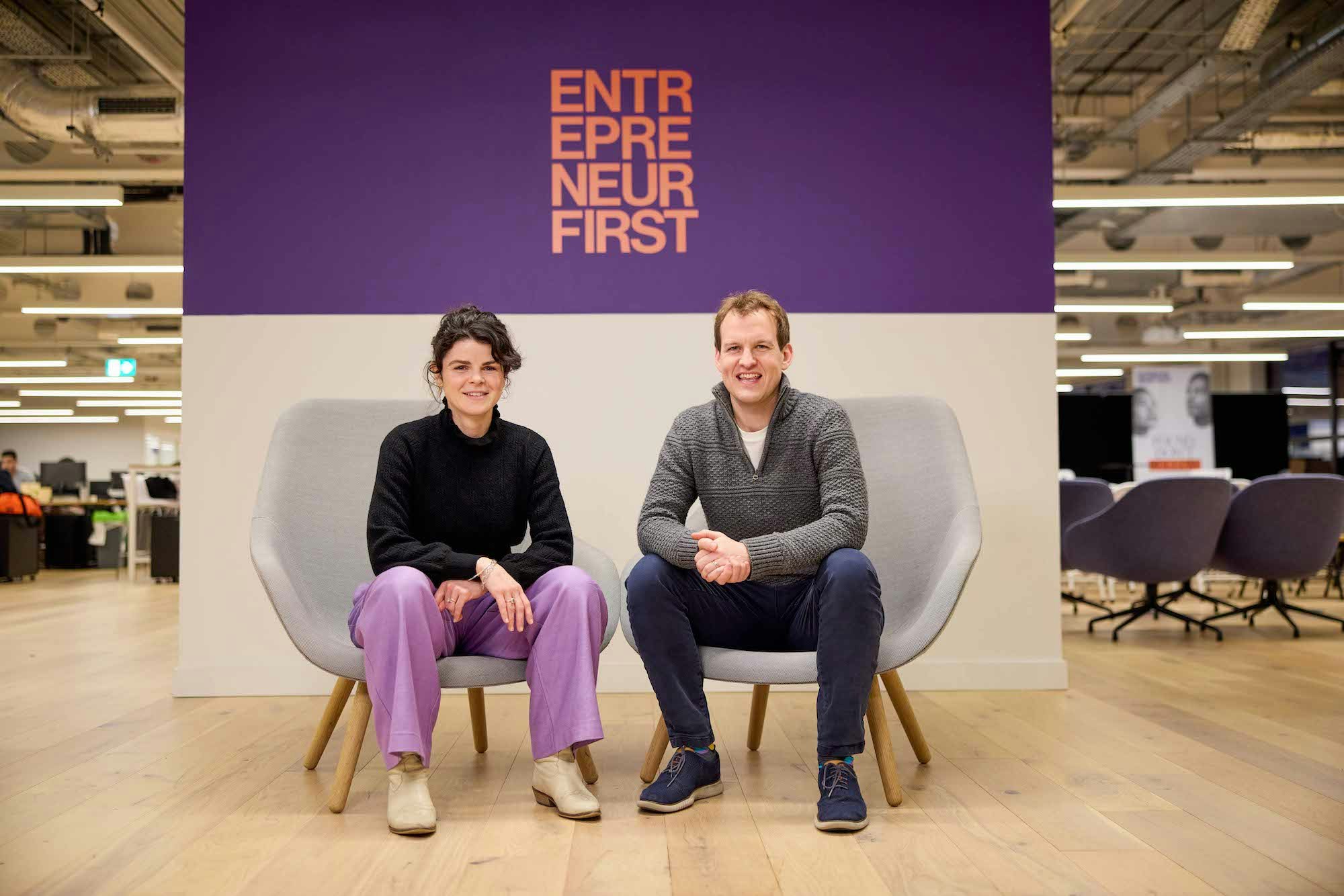The last time Seedcamp went to raise a fund, Brexit happened; this year when it headed out fundraising, a pandemic hit.
But while it may not be lucky with timings, it is proving to be pretty damn good at finding high-potential European startups — its portfolio includes fintech unicorns TransferWise and Revolut, alongside software giant UiPath and newly-minted unicorn Hopin — and other investors have been more than happy to give it more capital to keep doing what it’s doing.
Today, Seedcamp is announcing a new £78m fund — its fifth — to invest in pre-seed and seed-stage startups in Europe.
The fund was, Seedcamp says, 50% oversubscribed, and has been backed by institutional investors like Legal & General, British Patient Capital, OMERS, Isomer and TIFF. It is also backed by several larger VC firms, like Northzone, Index and Sequoia, and founders, including TransferWise’s Taavet Hinrikus, UiPath’s Daniel Dines and Unity’s David Helgason.
So what’s Seedcamp’s secret?
The Seedcamp way
Seedcamp, which has been a core component of the European startup scene since before it really existed, works somewhat differently from other funds.
Firstly, it invests in a lot</i of startups. “We’re happy with having 100+ companies per fund,” says managing partner Carlos Espinal (most VC firms back around 20-30 companies per fund). “Although 500 would be too much.”
That means the so-styled ‘Seedcamp Nation’ is now pretty big: via founders, portfolio company employees and co-investors, the Seedcamp portfolio is only a degree away from much of Europe’s startup ecosystem.
There’s a large community of people who can address any problem a founder has, whether tactical or functional.
“There’s a large community of people who can address any problem a founder has, whether tactical or functional. You have close to 1,000 founders and people going through similar things, or a couple of steps ahead, who’ve been there and done that, people who genuinely understand,” says Natasha Lytton, head of marketing, brand and network.
On top of providing advice, this network can also function as a “micro economy”, adds Lytton: startups in the Seedcamp portfolio are often each others’ first customers. They also hire from one another, and when some startups bite the dust, their teams might find roles at another Seedcamp company.
“This ethos has been there from the beginning,” says managing partner Reshma Sohoni, who started the fund in 2007 and was doing a lot of the matchmaking herself in the early days. “Once we had about 150 companies, that’s when it became a self-generating flywheel.”
Seedcamp’s investors also play a role, variously providing office hours, mentorship and funding — and there are also quite a lot of them.
Alongside the institutional investors and other VC funds which have invested into Seedcamp’s latest fund are 80 founders and mentors, who have invested upwards of £10,000 into the fund via crowdfunding site Seedrs.
“In Fund IV, 10-15% of our investments were made in founders we’ve previously backed or in experts or mentors who are part of the Seedcamp network,” says partner Sia Houchangnia.
Investment sprints
Seedcamp’s pre-seed investment process is also not-so-standard.
Six times per year the team runs investment sprints leading up to an investment forum. Companies fill in a form via Seedcamp’s website or are referred by people in its network. (Just 10% of applications don’t have some kind of connection to Seedcamp already.) Someone from the investment team speaks to each company, a couple of people review each deal and then the most promising startups present to Seedcamp — and a relevant selection of its LPs — at an investment forum.
“It gives these companies more exposure; even if they’re not a fit for VC at that time, they might be next time,” says partner Tom Wilson.
If they are a fit for investment, Seedcamp tends to lead deals at pre-seed, writing cheques of around £150-200k for a 6-7% ownership stake. (That’s less than most funds, which often look for 10%+ ownership.) When startups are interested in raising more than that, some of Seedcamp’s LPs might chip in.
The process has translated well online — Seedcamp has committed to 25 companies since March, and is running its first (virtual) investment forum of Fund V this week.
Investing in batches in this way helps with quality control, Wilson adds. “It helps with the decision process; it allows us to assess quality vis-à-vis, compare companies at the same stage. It’s really hard to assess quality [if you’re investing] at different times.”
We track the times where there was a pre-seed round, with good investors or angels, which we didn’t see — it’s very rare.
Seedcamp assesses around 4,000 startups this way each year. And it’s rare, says Houchangnia, for Seedcamp to miss one. “We track the times where there was a pre-seed round, with good investors or angels, which we didn’t see — it’s very rare.”
At seed stage, Seedcamp invests like most others, writing cheques of around £200-500k for a 5%+ ownership stake.
The dream LPs
Before heading out to raise the latest fund (at a target size of £70m), Seedcamp drew up a shopping list.
“We wanted to get our dream LPs [limited partners] onboard,” says Wilson: pension funds, experienced US investors and established fund of funds. “We really wanted to target and partner with more institutional capital, which could commit to us over multiple funds, not just as a one-off.”
We really wanted to target and partner with more institutional capital, which could commit to us over multiple funds, not just as a one-off.
They’re pretty pleased with the results. Pension fund Legal and General is in, which means “the actual savers out there can participate in this sexy VC asset class,” says Sohoni.
There are also some American endowment funds — like TIFF — which has made its first investment into a European VC. “Having these new LPs validates our model,” says Espinal.
The pitch deck
It helped, of course, that Seedcamp’s third fund, raised in 2014, “has the potential to be one of the best funds ever in Europe”, says Houchangnia.
Fund III includes one of Europe’s fast-rising unicorns, UiPath, which was valued at $10bn in its last round in July.
That means Seedcamp’s backers for Fund III look set to receive a sizeable return — the DPI (distribution to paid in — ie. the amount Seedcamp’s investors get back) is already above 125% — and the fund still has several years left to mature and for its value to be ‘realised’ as portfolio companies exit.
Fund IV, meanwhile, includes online events platform Hopin (Europe’s fastest-growing company), valued at $2.1bn+ just eight months after launching (and 12 months since Seedcamp invested).
And Fund V? Seedcamp’s out looking for that fifth unicorn now.
👉 Read: How to prepare the perfect pitch deck as a founder, according to VCs
Amy Lewin is Sifted’s deputy editor. She covers VC, mobility and diversity in tech, and tweets from @amyrlewin


